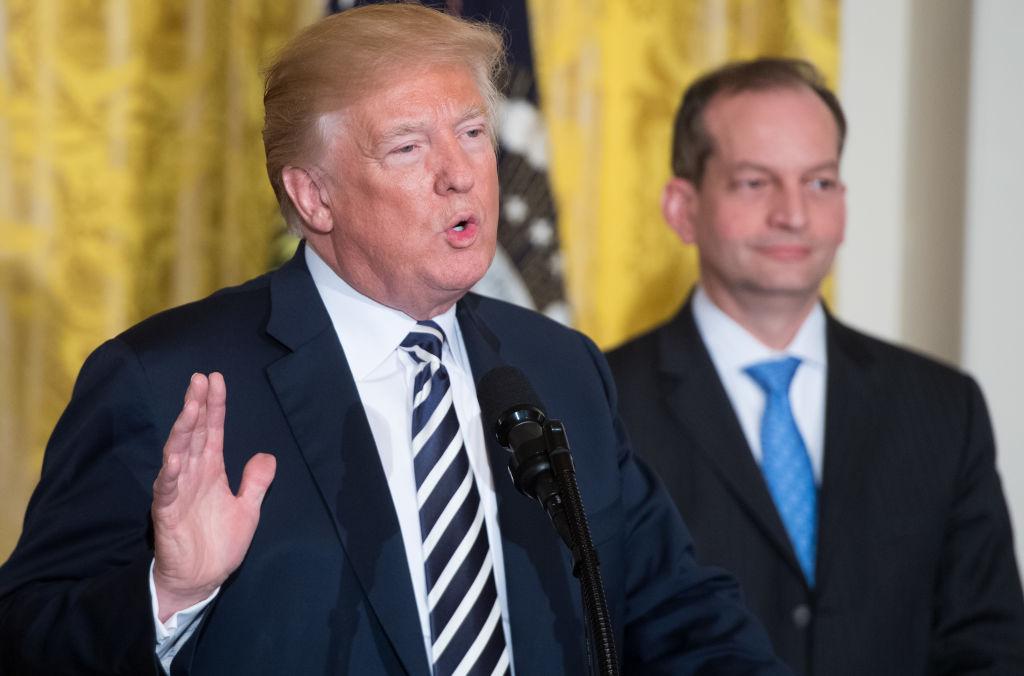The Trump administration has unveiled a new health care plan that could be a big win for millions of small businesses, employees, and their families.
The Department of Labor finalized a rule expanding Association Health Plans (AHPs) on June 19. The plans, also known as Small Business Health Plans, offer a more affordable health insurance option for small businesses by enabling them to group together.





